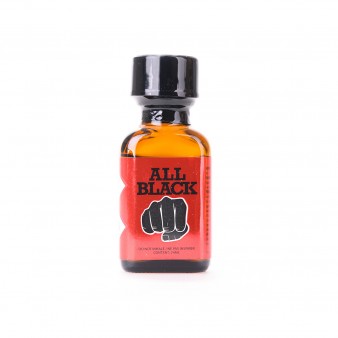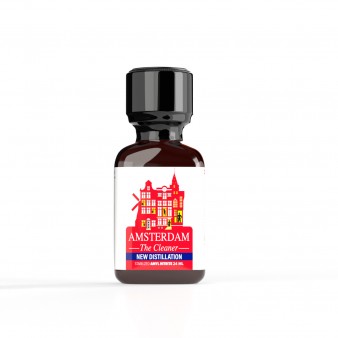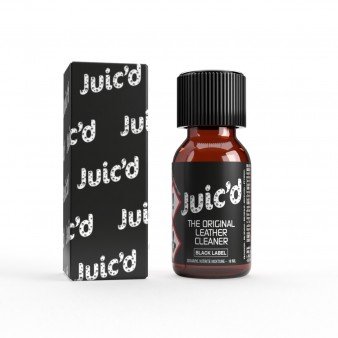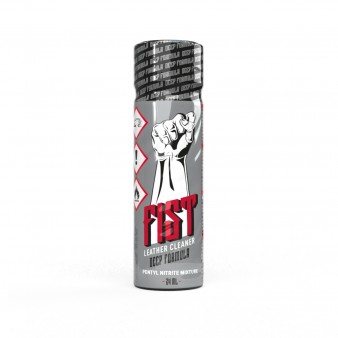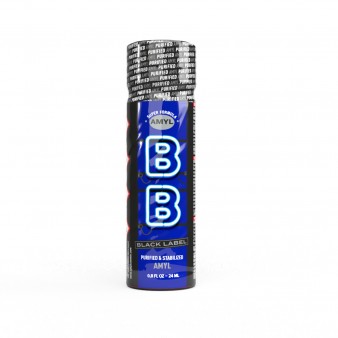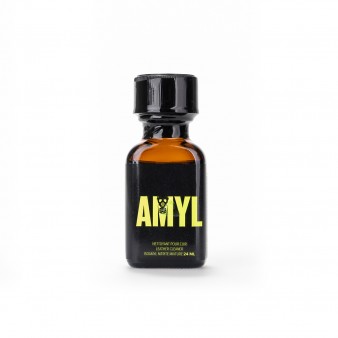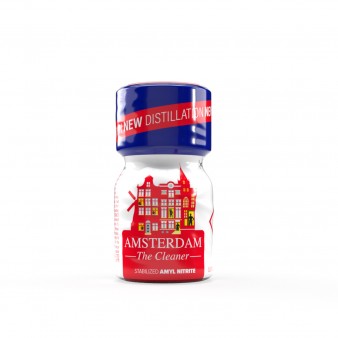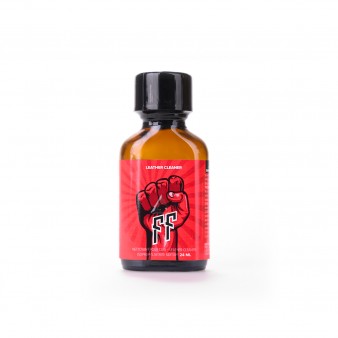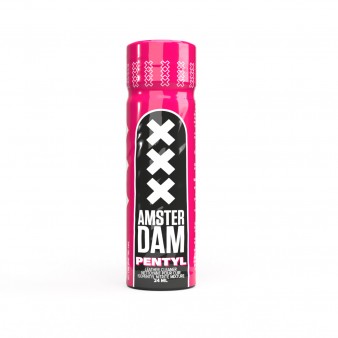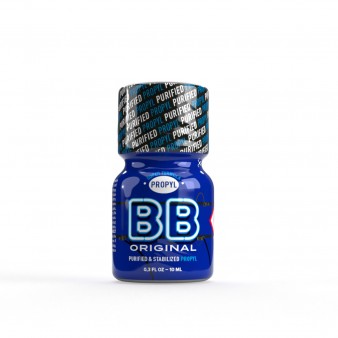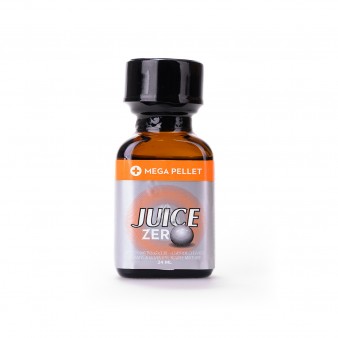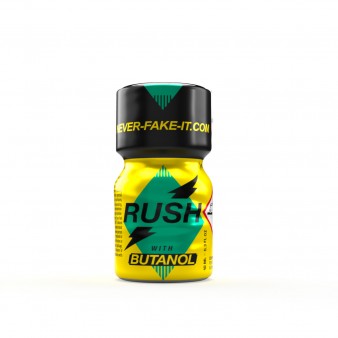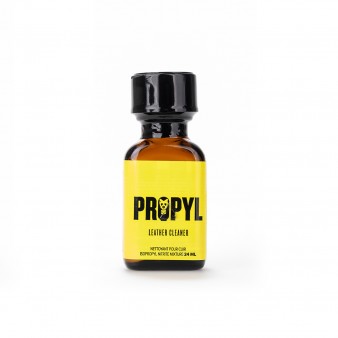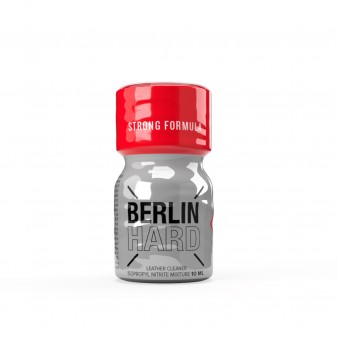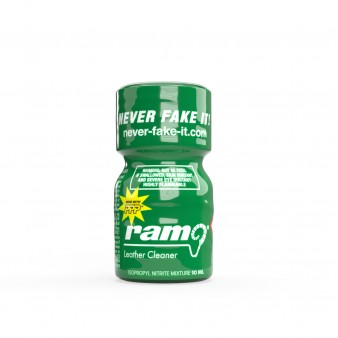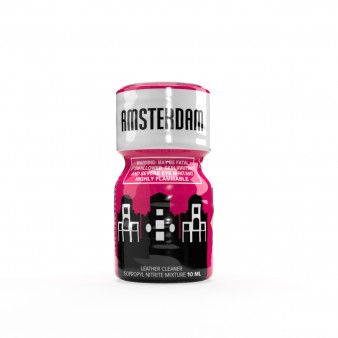All poppers informations
Nineteenth century
Pharmacist and chemist Antoine-Jérôme Balard synthesized amyl nitrite for the first time. He packaged it in the form of capsules, suggesting to use them in cardiology. Twenty years later, Sir Brunton, a Scottish physician and nobleman, continued this work by treating heart spasms in the United Kingdom with poppers. Similar applications took place in the United States.
The 1970s in the USA
After amyl nitrite wasn’t used any longer in cardiology, the pharmaceutical industry signed a contract with the US military to sell off its stocks. Soldiers sent to Vietnam were given poppers in their equipment, on the one hand for relaxation purposes but also to increase their fighting spirit. At the same time, homo and heterosexuals in the country began using poppers as a euphoric stimulant and an aphrodisiac. Poppers were a fun thing to inhale, legal and less harmful than metaqualone and cocaine. Users soon discovered that the product induces powerful erections, significantly enlarges the vagina and anus, and delays and intensifies orgasms.
Rave parties
During the rave era of the 1980s, poppers were used by young house and techno fans as a supplement to cocaine and ectsasy. The product helps to neutralize the effect of the well-known ‘dip’ after the intake of drugs when low levels of serotonin cause depression and anxiety. Various brands made their appearance in the form of bottles. Rush and Jungle Juice are still the best known today and sold in sex shops. This was followed by a number of bans, especially regarding the type of nitrite used, resulting in various legal provisions and causing an unclear legal framework, when Internet and mail order companies started selling poppers.
Poppers in UK, USA and Europe
Since 2007, poppers containing isopropyl, amyl and pentyl nitrite are the only ones exististing in the European Union. In the United States, the use of isobutyl nitrite has remained illegal, and poppers containing amyl nitrite are total banned in Canada. In Europe, the use of nitrites is legal, especially in France. In the UK it is illegal to advertise about poppers but they are allowed in sex shops. In France, after an attempt to fully ban poppers during the Sarkozy era, they have become legal again as long as they contain isopropyl. A funny anecdote: they were re-admitted after a new legal framework for same-sex marriage came about. Legally they are therefore not considered narcotics but rather as an aphrodisiac, similar to aromatherapy.

